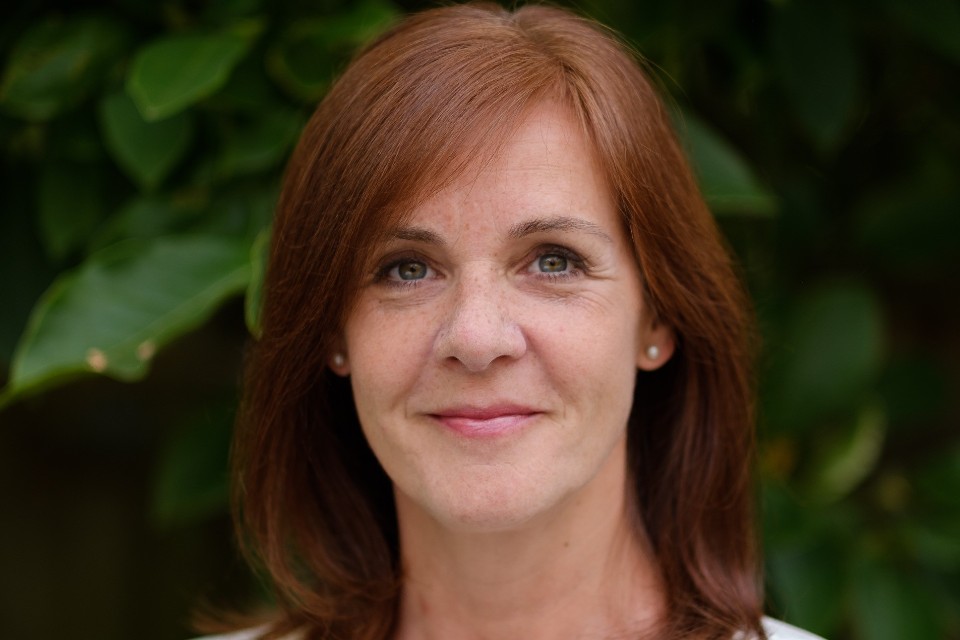Statement to the 29th Session of the Conference of the States Parties of the OPCW
Statement by Her Excellency Joanna Roper, Permanent Representative of the United Kingdom of Great Britain and Northern Ireland.

Director-General, Mr Chair, Distinguished Delegates,
I would like to begin by thanking Director-General and the Technical Secretariat for their work to prepare for this Conference. I would also like to thank the Director General for his comprehensive update detailing a year of important achievements.
Many thanks to our outgoing Chair, Ambassador Suljuk Tarar. Congratulations Ambassador Salvic on your appointment – you have the UK’s full support.
Mr Chair,
The Chemical Weapons Convention is an exceptional achievement and the UK remains wholly committed to its full implementation.
The UK has funded and helped deliver regional training in East Africa since 2016, and we will support similar training in the Caribbean in 2025. This year alone, we have supported laboratories in Brazil, Chile, Kenya and Nigeria to work towards OPCW Designated Laboratory status. We will continue to partner with other National Authorities to build capacity.
New technologies will transform the work of the OPCW, creating new risks and new opportunities. We welcome the Director General’s leadership on this issue and I thank Morocco for hosting an important conference last month on Artificial Intelligence and the CWC.
We also applaud work to enhance geographical representation and gender diversity, and to make important technical improvements to the tenure policy. I welcome civil society representatives joining us this week. Academia, industry and NGOs are crucial partners in our mission to eliminate chemical weapons.
Mr Chair,
Despite important progress, the Chemical Weapons Convention is under threat. Chemical weapons still exist in this world despite the hard-won achievements of recent years.
The UK has first-hand experience of a chemical weapons attack on our soil. This week, on the International Day of Remembrance for All Victims of Chemical Warfare, my thoughts will be with the family of Dawn Sturgess and the victims of the Russian Novichok attack in Salisbury in 2018. The inquiry into her death is underway as we speak.
Mr Chair,
Let us be clear: despite what it claims, Russia is using chemical weapons in Ukraine. We thank Ukraine for sharing the report from the OPCW’s most recent Technical Assistance Visit. The report confirmed the presence of riot control agents in samples collected by Ukraine from the frontlines. This is no surprise. The Russian military has boasted about their use of riot control agents and Ukraine has documented thousands of incidents. We can now add a comprehensive, impartial report to this growing wealth of evidence.
If we fail to respond to Russia’s breaches of the Convention, we put the fundamental principles of the Convention at risk. In October, the UK imposed sanctions on those involved in the Russian use of chemical weapons in Ukraine.
Mr Chair,
We have all been horrified by the images of conflict in the Middle East. The fighting must stop now. The UK calls on all parties to respect international humanitarian law and protect civilians and non-combatants.
At this time of growing regional instability, we are increasingly concerned that thousands of the Assad Regime’s chemical weapon munitions and hundreds of tonnes of chemical agent remain unaccounted for. The OPCW’s Declaration Assessment Team issued further evidence this year of undeclared chemical weapon production and weaponisation.
The total, verifiable destruction of Assad’s chemical weapons programme is the only guaranteed means to protect the Syrian people and prevent proliferation to terrorist organisations. Last year’s Decision on Addressing the Threat from Chemical Weapons Use and the Threat of Future Use was an important step forward and we encourage full implementation of its recommendations by all states. We must also continue to afford our full support to the OPCW Fact Finding Mission, the Investigation and Identification Team and the UN’s International, Impartial and Independent Mechanism.
Mr Chair,
In June 2025, we will mark 100 years since the signature of the Geneva Protocol. Chemical weapons are a horror that should be consigned to history. To do that, we must stand together to defend the Convention in a changing world and hold to account all those that use these appalling weapons.
Thank you, Mr Chair